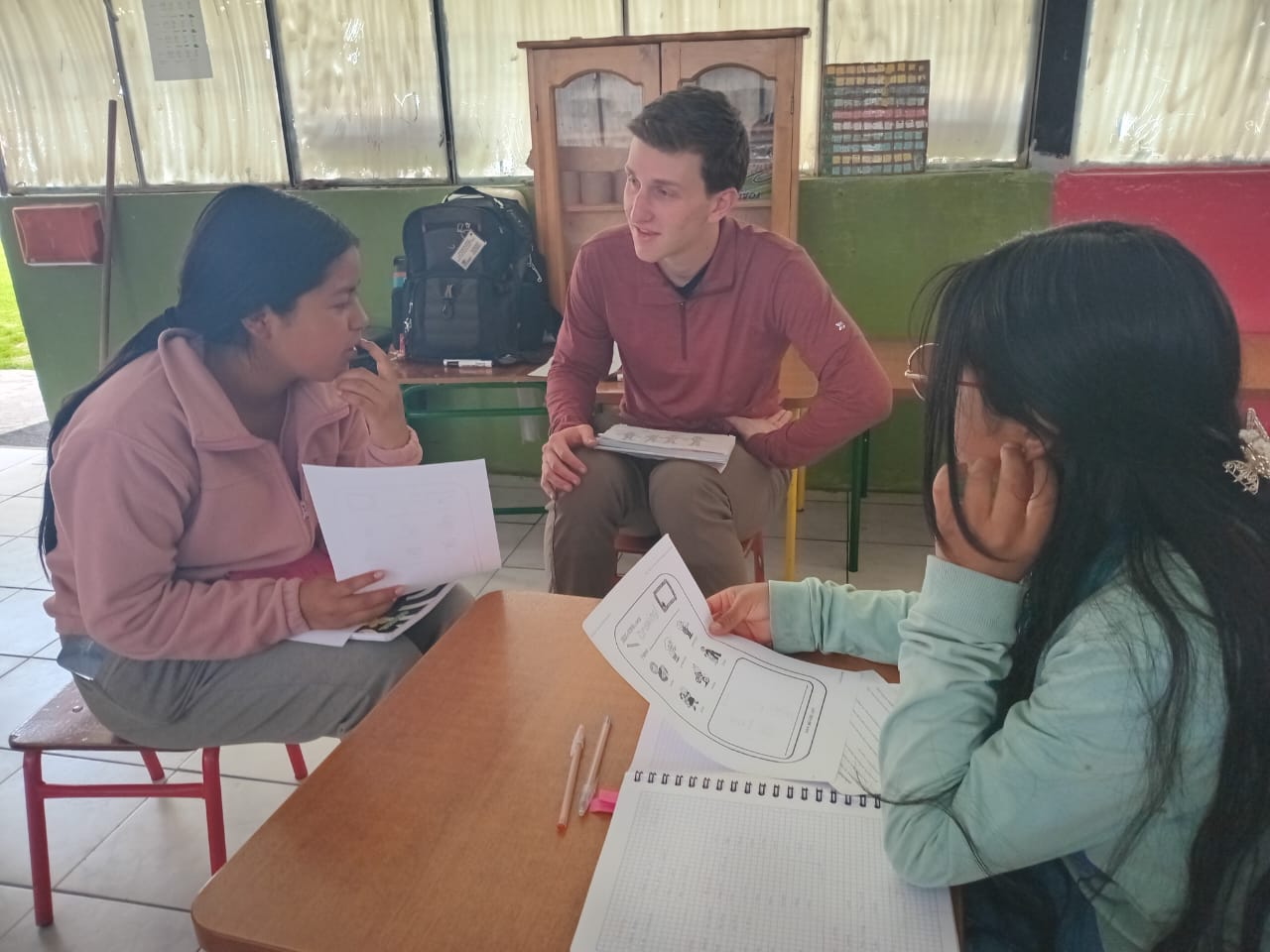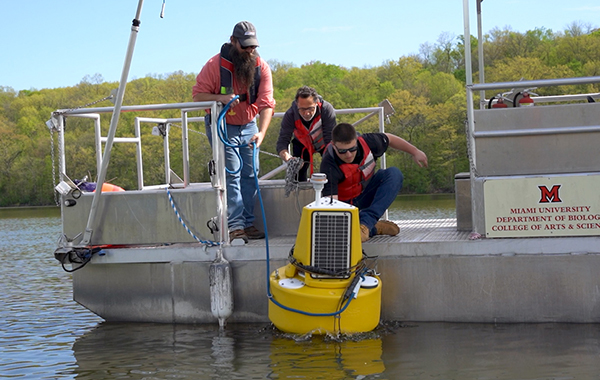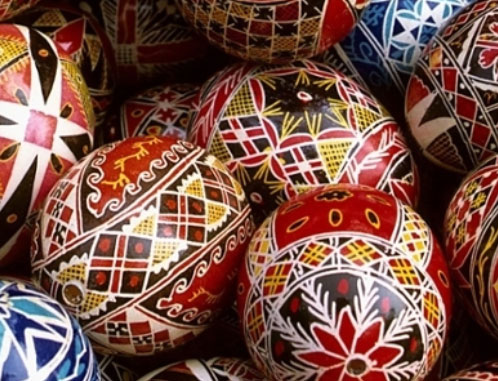

Research
In a typical year, more than 60% of all Miami students working on independent research opportunities come from the College of Arts and Science. These interdisciplinary and experiential learning collaborations enable you to work closely with faculty mentors or to develop your own independent research projects — on campus, online, and around the world — whether you are a first-year undergraduate student, a graduate degree candidate, or a member of our faculty.
Research Centers
The College of Arts and Science takes pride in our state-of-the-art research centers, equipment, and amenities in the lab and in the field. It is our goal to facilitate innovation and promote a spirit of collaboration in every way we can. Discover some of the key facilities and centers available to CAS researchers.
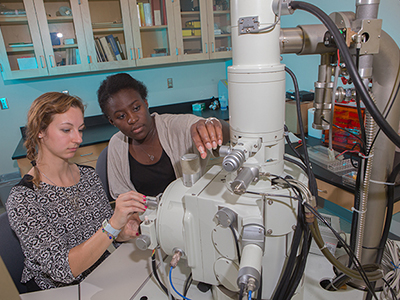
Center for Advanced Microscopy and Imaging
The Center for Advanced Microscopy and Imaging (CAMI) is an all-university research, teaching, and service facility located in Upham Hall on Miami University's main campus, in Oxford, Ohio. CAMI serves the microscopy needs of both the biological and materials communities. CAMI is available for use without charge to the Miami University community.
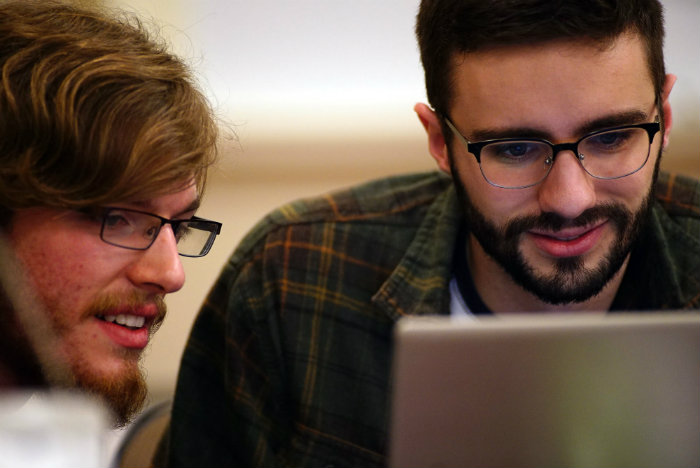
Center for Analytics and Data Science (CADS)
The Center for Analytics and Data Science (CADS) develops problem solvers to turn data into insights and insights into action. CADS promotes education, collaboration, and innovation in analytics and data science across a multi-disciplinary group of students, faculty, and organizational leaders.
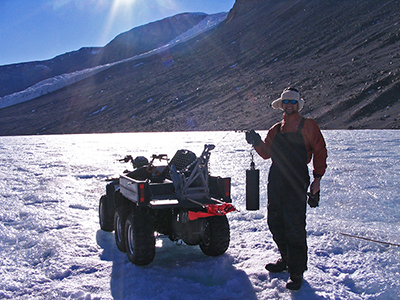
Center for Aquatic and Watershed Sciences
The Center for Aquatic and Watershed Sciences (CAWS) was established to promote research and education on the linkages between watersheds and aquatic ecosystems. CAWS brings together faculty, students and staff from several departments in a collaborative environment to address these and many other questions related to watersheds and aquatic ecosystems.
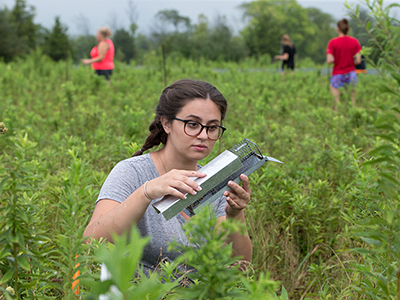
Center for Animal Behavior
Miami University's Center for Animal Behavior (CAB) provides opportunities to study animal behavior at many levels. Whether you investigate individuals within a population or study behavior at the neuronal level, your work at the CAB may help us better understand how animal and human behavior is generated and how it has been maintained over time.
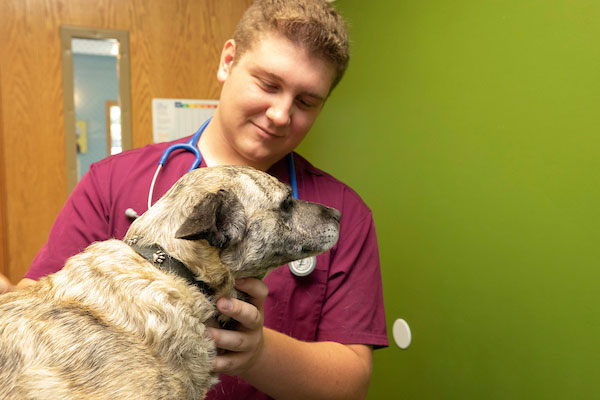
Animal Care
This 13,000-square-foot facility includes specific pathogen-free transgenic animal suites, two surgical rooms and adjacent treatment and prep areas, conventional animal rooms, and a separate wing housing wild-caught species. The staff includes five full-time employees plus student labor.
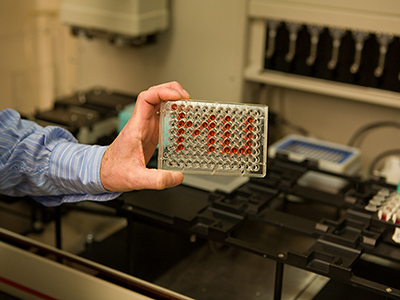
Bioinformatics and Functional Genomics
The Center for Bioinformatics and Functional Genomics is a state-of-the-art research and training facility available for all members of Miami University, with the goal of advancing research opportunities in all fields that intersect in molecular biology and big data bioinformatics. Its equipment, which includes an Illumina MiSeq, ONT minION, two Applied Biosystems capillary DNA sequencers, a BiomekFX robotic liquid handling system, qPCR thermocyclers, ancillary equipment to prepare NGS libraries, and several high-capacity Linux computer workstations for bioinformatic and other big data analyses.
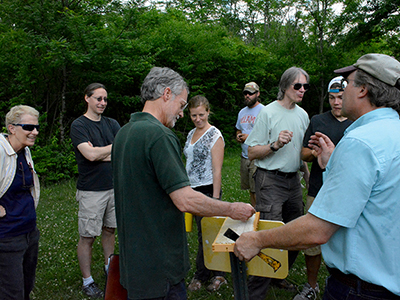
Ecology Research Center
The Ecology Research Center (ERC) is the focal point for ecological field research at Miami University and provides a venue for educational opportunities for middle, high school, and university students. This 69-hectare field station contains a diversity of field sites and facilities that support both aquatic and terrestrial research.
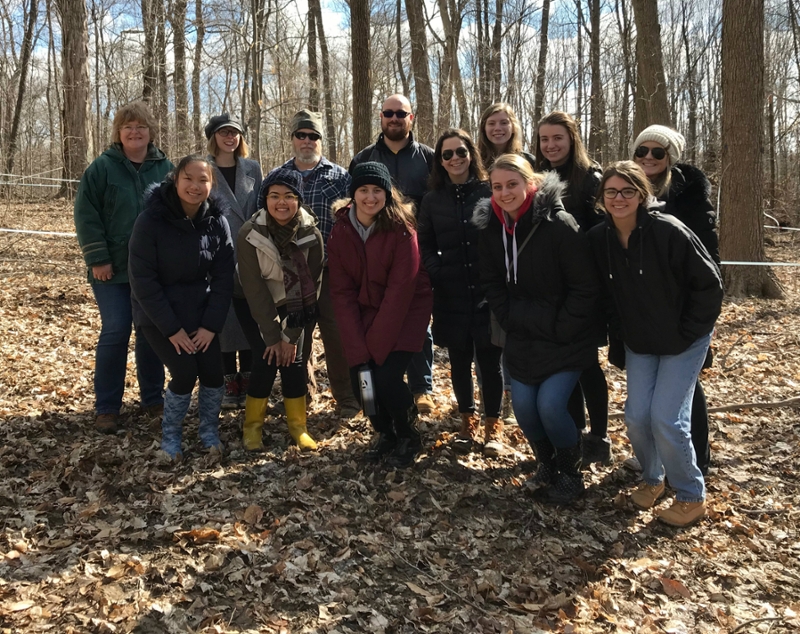
Cecilia Berg Center for Environmental Education
Working with partner organizations both locally and abroad—including The Oxford Society, Miami University's Hefner Museum of Natural History and Institute for the Environment and Sustainability, and Tasbayam (a Costa Rican environmental organization)—the Center participates in efforts to restore local habitats and ecosystems; offers inquiry-based educational programs for audiences of all ages; and sponsors innovative education and conservation projects at Tortuguero, Costa Rica.

Geospatial Analysis Center
The Geospatial Analysis Center (GAC) serves as the hub of geospatial research and activities in support of education, research, and outreach activities at Miami University. Housed in the Department of Geography, the GAC supports individual students, faculty, and staff with geospatial data and analysis needs. It is the access point for licensed geospatial software and geographic information systems (GIS) data.
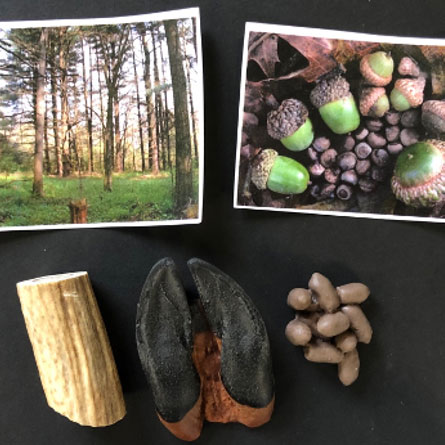
Hefner Museum of Natural History
The Museum exists to increase our knowledge of natural history. In particular, it emphasizes the biota of Southwest Ohio. It seeks to develop in its constituencies an understanding of, and appreciation for, biodiversity, conservation, and ecology through the systematic collection, care and display of specimens for exhibition, research, and education.

Karl E. Limper Geology Museum
The Karl E. Limper Geology Museum, located in Miami University's Shideler Hall, provides displays of quality geological specimens intended to help students and visitors better understand and appreciate basic geological concepts. The Limper Museum contains hundreds of specimens of the world-famous fossils of southwestern Ohio as well as minerals, rocks, fossils, and meteorites from all over the world.

Miami Ecological Big Data Initiative
The Miami Ecological Big Data Initiative (MiEBDI) in the College of Arts and Science facilitates student and faculty access to and analysis of ecological "big data" from around the world to address critical threats to ecosystems and the valuable services that they provide.
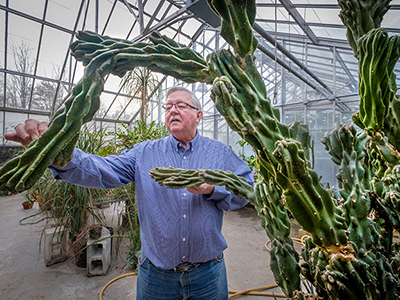
Plant Biology
Our mission as plant biologists at Miami University is to provide a broad education in plant biology to botany majors, biology majors and other majors in the natural sciences. This should generally consist of enough breadth to prepare a student for graduate school, while also preparing students for botanic careers in plant-focused research, environmental sciences, conservation, or wildlife agencies.


Institute for the Environment and Sustainability
The Institute for the Environment & Sustainability (IES) educates students as professionals and global citizens through interdisciplinary programs in environmental science and sustainability, and provides leadership in areas of research and outreach that address environmental problems and promote a more sustainable society.
The IES administers 3 undergraduate co-majors, 1 minor, and 1 professional master's degree.
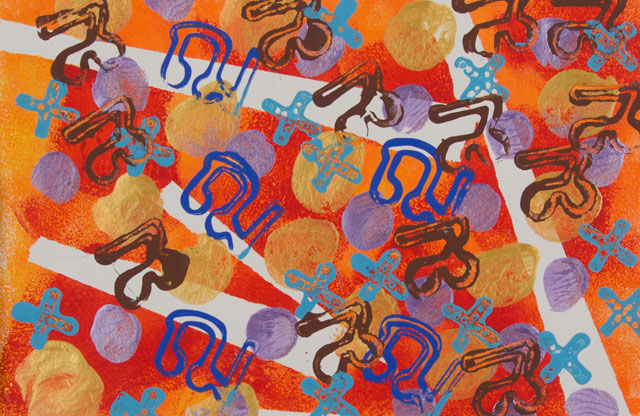
Scripps Gerontology Center
An Interdisciplinary Approach
The College of Arts and Science takes pride in our interdisciplinary approach to research. With this we off several Centers that serve to highlight research in the social sciences as well as the humanities.

Western Center for Social Impact and Innovation
Miami's interdisciplinary hub for student engagement with issues of social significance within the context of global change. Programming through the Western Center encourages students and faculty from every subject area to explore complex questions and to seek solutions with community partners in the public and private sectors. This initiative honors the rich history of social activism on the Western campus by energizing today's students with a spirit of social responsibility.

Center for Analytics and Data Science (CADS)
The Center for Analytics and Data Science (CADS) develops problem solvers to turn data into insights and insights into action. CADS promotes education, collaboration, and innovation in analytics and data science across a multi-disciplinary group of students, faculty, and organizational leaders.
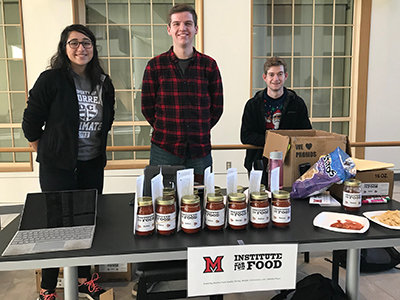
Institute for Food
The Institute for Food is a Provost Interdisciplinary Innovation project to engage the Miami University community around issues of food, health, and sustainable agriculture. Its mission is to foster healthy food, healthy eating, healthy communities, and a healthy planet.
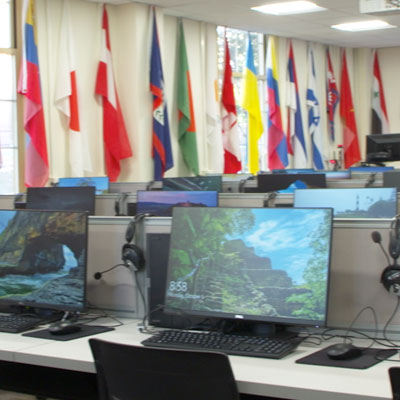
Interactive Language Resource Center
The Interactive Language Resource Center warmly welcomes all Miami University students, faculty, and staff! Students enrolled in foreign language courses use the center to supplement and enhance their learning through computer software programs, virtual reality applications, and Internet-based solutions.
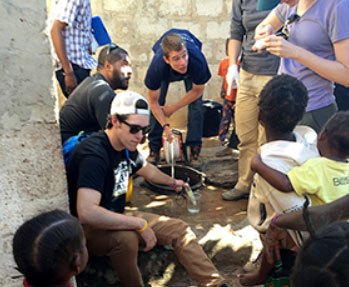
Global Health Research Innovation Center
The Global Health Research Innovation Center (GHRIC) facilitates interdisciplinary faculty research and alumni engagement, creating opportunities for student research involvement and enriching the teaching in the Global Health minor.

Center for the Study and Support of Children and Families of the Incarcerated
The Center for the Study and Support of Children and Families of the Incarcerated (CSSCFI) in the Department of Psychology at Miami University is committed to solution-focused research, practice, and pedagogy that can have a substantial impact on the lives and well-
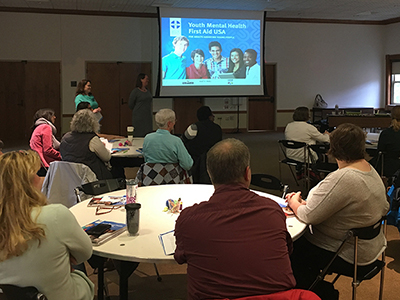
Center for School-Based Mental Health Programs
The Center for School-Based Mental Health Programs (CSBMHP) in the Department of Psychology at Miami University is committed to ongoing applied research, pre-service education of future clinicians, in-service training of educators and mental health professionals, and direct clinical and consultative service to school districts and community partners.
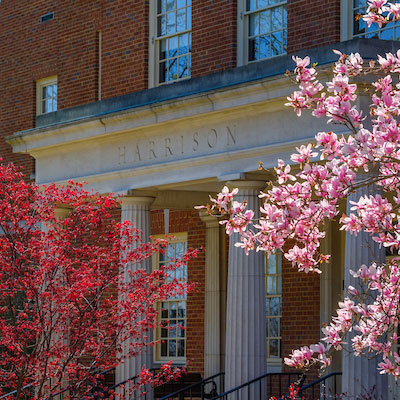
Center for Public Management and Regional Affairs
The Center for Public Management and Regional Affairs at Miami University engages in applied research, technical assistance services, training and education, public management and capacity building, local government economic development and planning, and public program evaluation and policy research.
Cutting-Edge Research
CAS Dean's Scholar Program
Purpose: The Dean's Scholar Program is proposed in order to encourage scholarly activity among our best students.
Scholars: Approximately 30 seniors (selected in April of junior year) throughout the College of Arts and Science will be selected as a Dean's Scholar. Selected scholars must have conceived and proposed a project that is endorsed by the Faculty Mentor.
Research: During the senior year, Dean's Scholars will conduct independent study with a Faculty Mentor. Departments are strongly encouraged to link their program to Departmental Honors. Students will conduct the study under the individual department's Independent Study or Departmental Honors course numbers.
Learn MoreSee How CAS Students Get Involved
Researchers
Communicators
Research Across Miami
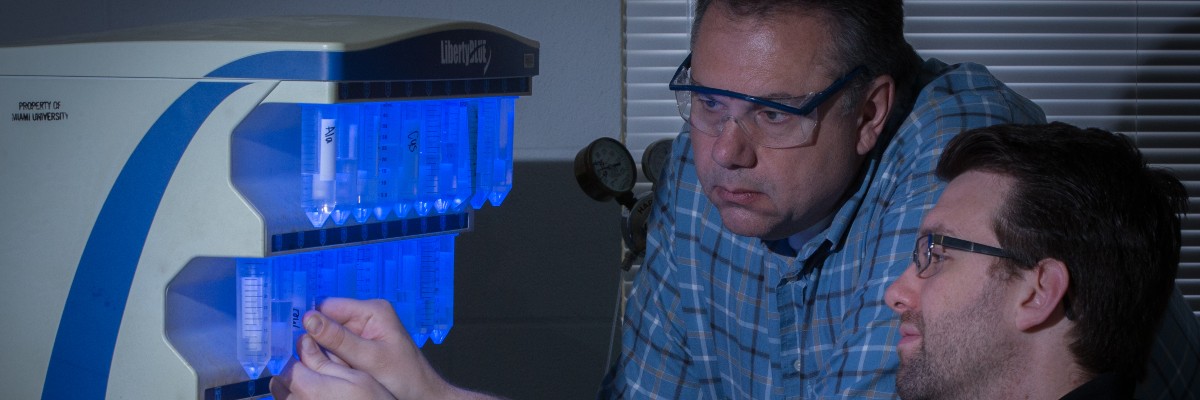
Office of Research and Innovation
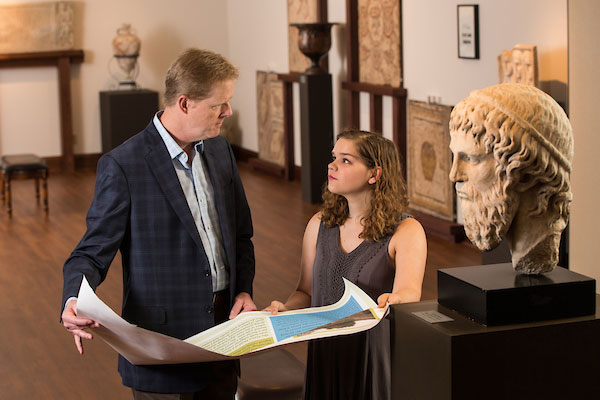
Office of Research for Undergraduates
The College of Arts and Science
Representing nearly half of all students, the College of Arts and Science (CAS) is Miami University's largest division and the centerpiece of liberal arts — the wide range of subjects in the natural sciences, social sciences, and humanities crucial for the development of key professional skills desired by employers.
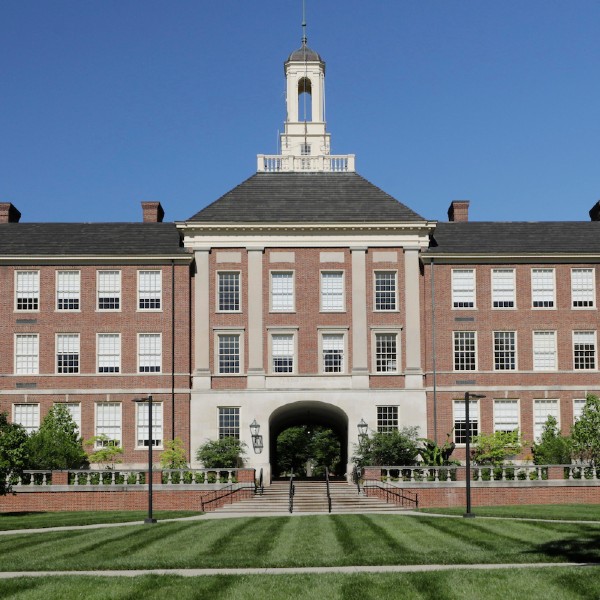
Contact Us
100 Bishop Circle
143 Upham Hall
Miami University
Oxford, Ohio 45056
CAS@MiamiOH.edu
513-529-1234
